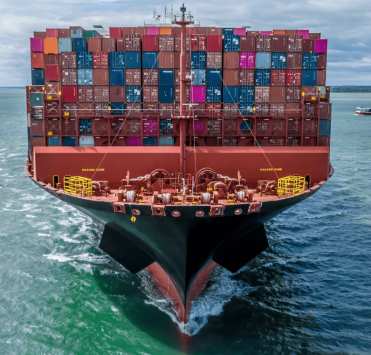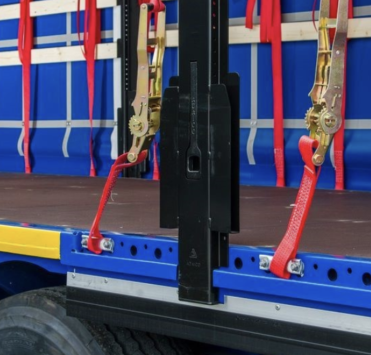Typical mistakes in international transportation and how to avoid them

International transportation requires careful planning and control at every stage. Logistics errors can lead to delays, fines, cargo damage and financial losses. However, many of these can be prevented if you know where the pitfalls lie. Let's look at the most common mistakes and how to prevent them.
1. Wrong documentation
One of the most common causes of delays and additional costs in international transportation is incorrect paperwork. Errors in customs declarations, invoices, certificates of origin, incomplete documents or inconsistent data can lead to cargo returns, fines and long delays at the border.
How to avoid:
- In the case of imports, consult your customs broker for information on the list of correct documents for successful customs clearance.
- Verify all documents before scheduling a shipment.
- Get a photo of the shipping documents that the driver received after loading. Sometimes the scan copy of the documents that the supplier sends - may not match the original documents that were given to the driver.
- Work with professional logistics companies that clearly control all steps in logistics.
2. Wrong choice of vehicles
Choosing the wrong mode of transportation can significantly increase costs or damage the cargo. For example, if a shipment requires a specific temperature regime but is transported in an ordinary container, it can lead to product spoilage.
How to avoid:
- Evaluate the characteristics of the cargo and choose a vehicle that meets its requirements.
- Use specialized tankers, refrigerated trucks, or tilt trucks, depending on the type of cargo being transported.
- Contact Save Pro Solutions - we will find the best transportation for your shipment.
3. Packaging and labeling mistakes
Improper packaging can result in damage or loss of your shipment during transportation. Lack of or inadequate labeling can cause delays at customs.
How to avoid:
- Make sure the packaging meets international standards.
- Don't skimp on stretch wrap.
- Use quality packaging materials and appropriate labeling.
- Work with reliable partners who know all the nuances of international transportation.
4. No insurance for goods
Many companies neglect insurance, believing that the risks are minimal. However, even with careful planning, force majeure can occur: damage, theft, accidents and other unforeseen situations.
How to avoid:
- Always take out insurance on your cargo, especially if it's valuable or fragile.
- Work with trusted insurance companies.
- Ask for details of insurance coverage and exclusions.
5. Ignoring customs requirements
Each country has its own customs regulations and requirements, which can vary greatly. Ignorance of the nuances can lead to delays or even a ban on importing cargo.
How to avoid:
- Research in advance the customs regulations of the country you are shipping to.
- Use the brokerage services of professionals such as Save Pro Solutions.
- Comply with all certification and permit requirements.
6. Wrong planning of delivery times
Poor planning of the logistics process can lead to missed delivery dates, which is especially critical for businesses working with tight deadlines.
How to avoid:
- Plan your route taking into account possible delays (weather conditions, customs checkpoint congestion, possible strikes, etc.).
- Allow time for contingencies.
- Work with professional logistics companies that can respond quickly to any difficulties.
7. Choosing an unreliable carrier
Not all logistics companies are experienced and reliable enough for international transportation. An unqualified carrier can lead to many problems, from cargo damage to legal complications.
How to avoid:
- Choose trusted carriers with positive reviews and extensive experience.
- Make sure the company has all necessary licenses and permits.
- Work only with financially stable companies.
- Work with Save Pro Solutions - a reliable partner that organizes the delivery of goods to international destinations with a high level of quality and safety.
Frequently Asked Questions (FAQ)
- What documents are required for international transportation?
International shipments usually require: bill of lading, invoice, packing list, customs declaration and certificates of conformity.
- How to choose a reliable carrier?
Choose a logistics company with experience, positive feedback and all necessary licenses, such as Save Pro Solutions.
- How to avoid delays at customs?
It is necessary to prepare all the documentation in advance, properly formalize the cargo and use brokerage services of professionals.
Conclusion
Mistakes in international transportation can be costly, but they can be avoided with a competent approach. The right choice of logistics partner is a key factor in successful delivery.
Ready to organize international transportation without mistakes? Leave a request right now - Save Pro Solutions specialists will choose the optimal solution and help you avoid all risks!









